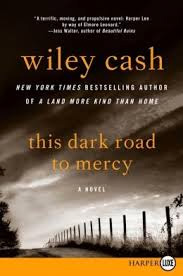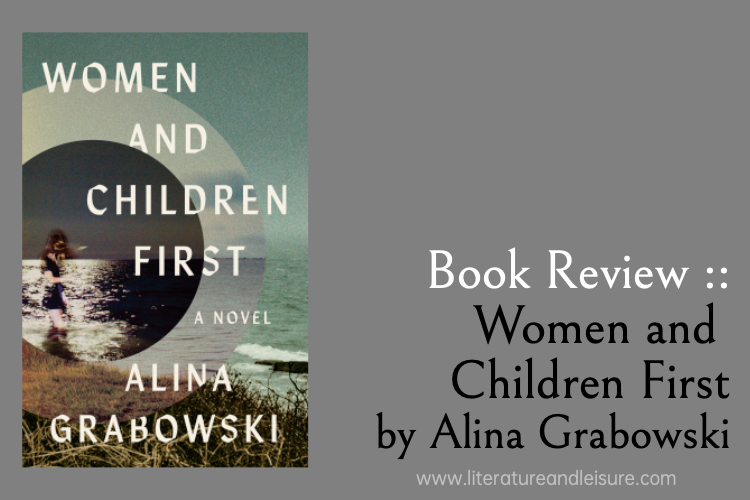 Last year our book club read Wiley Cash’s debut novel A Land More Kind than Home and were completely blown away. In fact, it was the highest rated book that we read last year. So, imagine our excitement when we learned he had a new book – This Dark Road to Mercy – and it easily found its way onto our short list of this year’s books.
Last year our book club read Wiley Cash’s debut novel A Land More Kind than Home and were completely blown away. In fact, it was the highest rated book that we read last year. So, imagine our excitement when we learned he had a new book – This Dark Road to Mercy – and it easily found its way onto our short list of this year’s books.
It is looking like This Dark Road to Mercy may be lowest ranked book we read this year. Major disappointment. Cash’s follow-up novel is the story of Easter and Ruby, two girls in foster care because their ex-semi-pro baseball father (Wade) gave up rights to them before their drug-addicted mom overdosed. Their father shows up and kidnaps the girls taking them on a cross-country drive while he’s being pursued by a murder-for-hire thug with his own ax to grind (no pun – there’s a scene with an ax). All of this is happening while in the background Sosa and McGwire are in a race for the home run record.
Here’s the highlights from our discussion:
Too much left out from background. Readers don’t have to know everything, but they need to know enough. There are too many questions about why Wade gave up his rights, the mother’s true history (Was she always an addict?), their relationship, why Wade is being chased, etc. that each step in the plot creates more questions than answers. I was constantly thinking, Did I miss something? And, should I go back to re-read? But when everyone else in our club had the same questions, I knew it was just left out.
Along these same lines, there were pieces dropped into the narrative that not dealt with that made me not trust Cash. For example, Easter has an African American boyfriend who sneaks into her room at night. He is there when her father takes the girls and is responsible for the police knowing where they are. You can’t drop race into a Southern novel and then ignore it – it is disingenuous. They way the boy and his family are described, it is probably more likely that they would have been the ones with the issue – their son sneaking out to visit a girl in foster care – but regardless, this isn’t the type of thing a writer should make a point of including and then ignoring.
Narrators’ voices were indistinct. The narrative is told by multiple voices, from a 12-year-old girl (Easter) to a middle-aged murder (Pruitt) with Wade and Brady (the cop-turned-child advocate who is after the safe-return of the girls) – but none, with perhaps the exception of Pruitt, distinguish themselves from the others. It feels like it may have been originally written in third person and then modified to first person with the various voices. Since the narrators’ voices were so weak, they unfortunately are also unmemorable.
Very little sense of place. One of strengths of A Land More Kind than Home was its sense of place. With the exception of the scene at Myrtle Beach’s carnival (which, by the way, we all felt was the highlight and strongest episode of the whole novel), there was very little sense of place. It was Cash talking about learning this from his mentor Ernest Gaines that prompted me to go back to read more of Gaines when I finished ALMKTH, so I was disappointed to not find this better developed.
Location as it relates to time was integral, and several of us gave a slight nod of a half a point or so to the vivid tribute of the home race that we all remembered so well.
For us, definitely read A Land More Kind than Home, but skip the follow-up.
SOC Book Club Average: 2.5 / 5
My Rating: 2.5 / 5





Comments
Powered by Facebook Comments